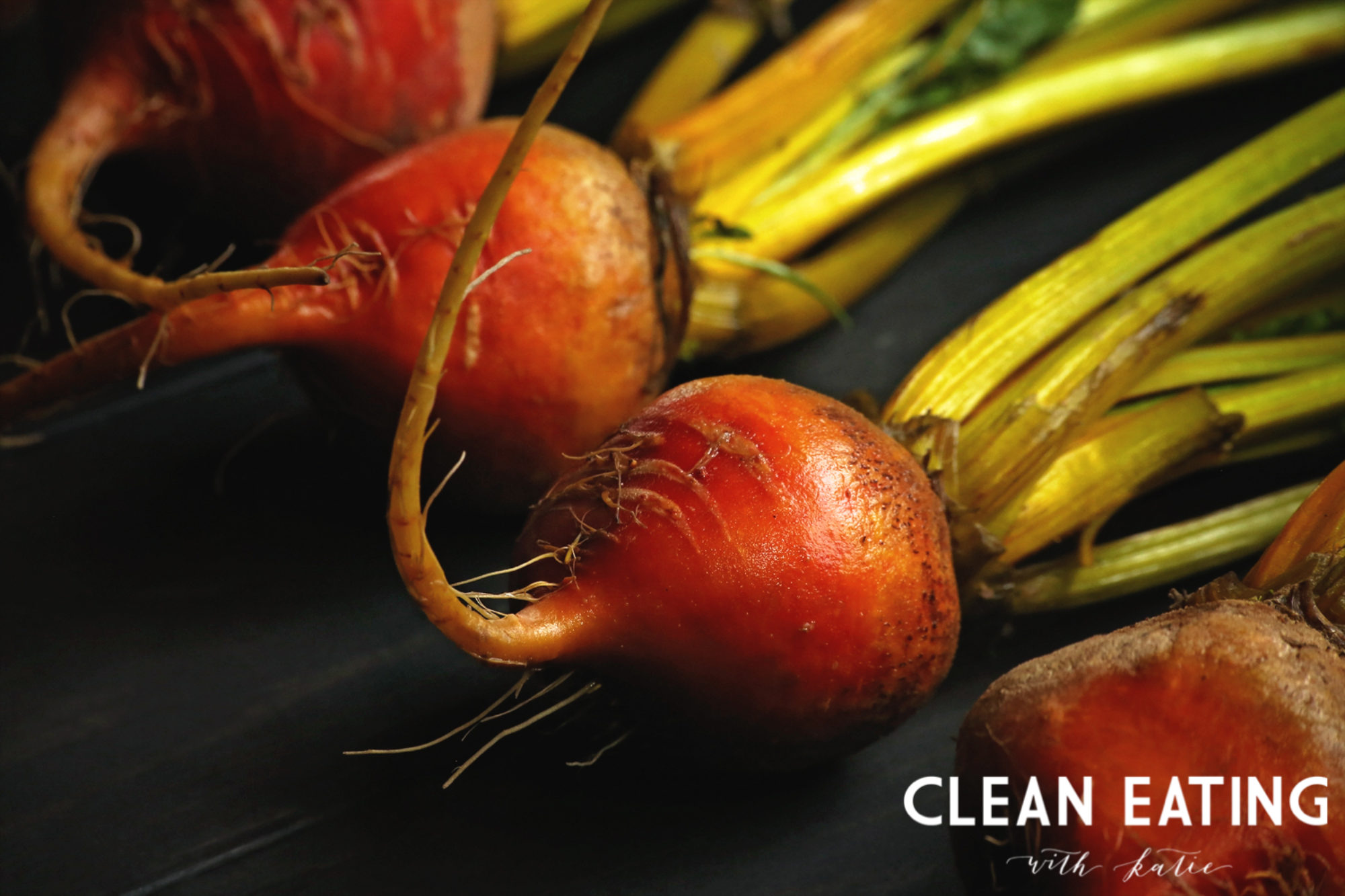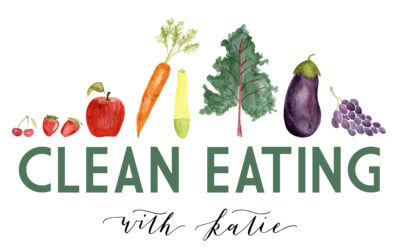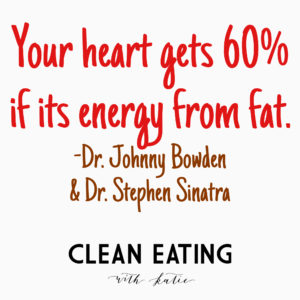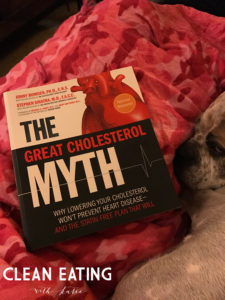Let’s talk about Fats! First, we’ll need to go back to high school chemistry.

Saturated Fat is made up of carbon atoms that are connected to hydrogen atoms with a single bond.
Unsaturated fats have a least one double bond between carbon atoms (monounsaturated fats) and sometimes more than one double bond (polyunsaturated fats).
THIS matters because at the site of the double bond is where damage aka oxidation occurs. More double bonds? More opportunities for oxidation. Oxidation is the normal wear and tear aka “rusting” that occurs normally in our bodies BUT when we have oxidation coming from every angle (as we do in our modern world), we get cellular damage and premature aging in the body.
Oxidation of fats occurs when we heat them and expose them to light. The processing of “vegetable oils” (vegetable is a misnomer, they are actually grain/seed oils) exposes them to light and heat. Also, when you head to the grocery store, all those oils are stored in, wait for it, clear containers [face palm]. Then we take them home and HEAT them. So these oils are damaged upon damage. This is why I 100% do not recommend unsaturated cooking fats.
I say No to:
?CaNOla oil
? vegetable oil
? Corn oil
? soybean oil
? Margarine
So, which fats do I recommend?
? Pastured/Grass-fed Animal fats: lard, tallow, duck fat, bacon fat, etc.
? Olive oil for low-no heat cooking.
? Avocado oil – caution here! There is recent data to suggest that much of the avocado oil on the market is rancid!
But Katie!?! I though saturated fat is going to kill us all????
First, let’s stop the #fearoffats.
- Low fat diets lead to a deficiency in fat solvable vitamins – A, D, E, & K.
- This can lead to damaging effects in the body – especially the IMMUNE SYSTEM.
- Even foods like lemon contain tiny amounts of fat, so going fat free is nearly impossible.
- Low-fat processed foods have additional sugars and salts added to make them palatable (aka irresistible).
- Your heart gets 60% of its energy from fat
- The dry weight of your brain is ~60% fat.
- Hormones and neurotransmitters are made of fats and amino acids.
- Fats are in the cell membrane of EVERY CELL in your body (phosolipid bilayer)
- A good source of energy at 9 cal/gram
- Provides nerve insulation
- Helps to regulate body temperature.
- Carries fat-soluble vitamins
- Fat has been the preferred source of energy for humans throughout history.
So why I am a fan of saturated fats?:
- Minimal processing required
- The fats that have been eaten by humans since the beginning of life
- The science touting saturated fats is deeply flawed.
- Ansel Keys was an epidemiologist making cause and effect claims based on his seven-countries, in which he cherry-picked which countries data to use. Epidemiological studies can show correlation but not causation.
- Nikolai Anichkov fed rabbits cholesterol and try developed damage and blocked arteries and he concluded that cholesterol (saturated fat because they go hand in hand in foods) causes blocked arteries in humans. Rabbits are herbivores, cholesterol is not inherent in their diet, while humans are omnivores.
- These two researchers heavily influenced dietary policy in the middle of the 20th century and still to this day.
- Saturated fats are less likely to oxidize and cause damage in our bodies.
There you have it my friends. The choice is yours. I encourage you to dig into the research yourself – a great place to start is Sacred Cow by Robb Wolf and Diana Rogers.
Want to dig a little bit deeper? Here’s a video on Fats on my Youtube channel.
What is your favorite cooking oil? Mine is butter!



 This peaked my interest and so when it was time to do research on a topic relating to heart health, I read the book. Several months after reading the book, I went to the
This peaked my interest and so when it was time to do research on a topic relating to heart health, I read the book. Several months after reading the book, I went to the 